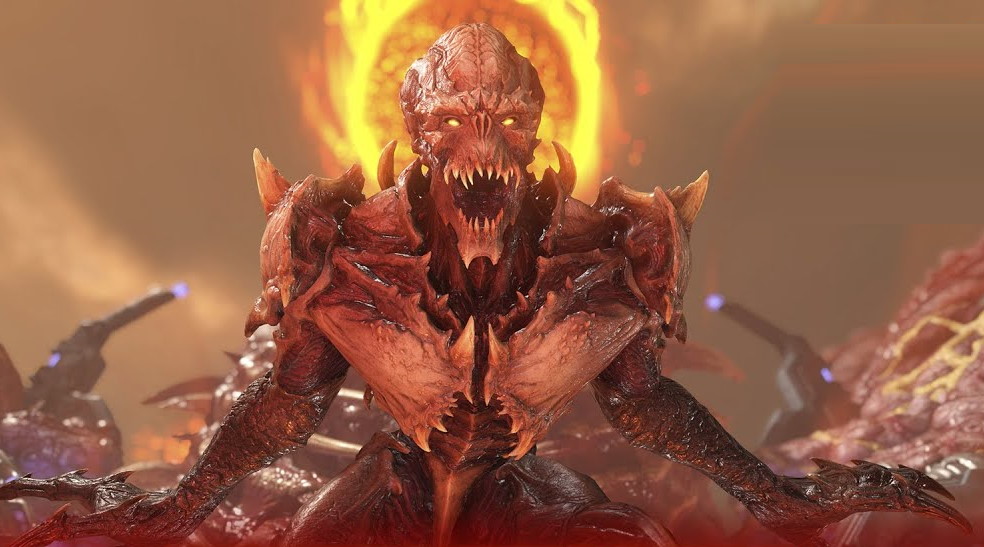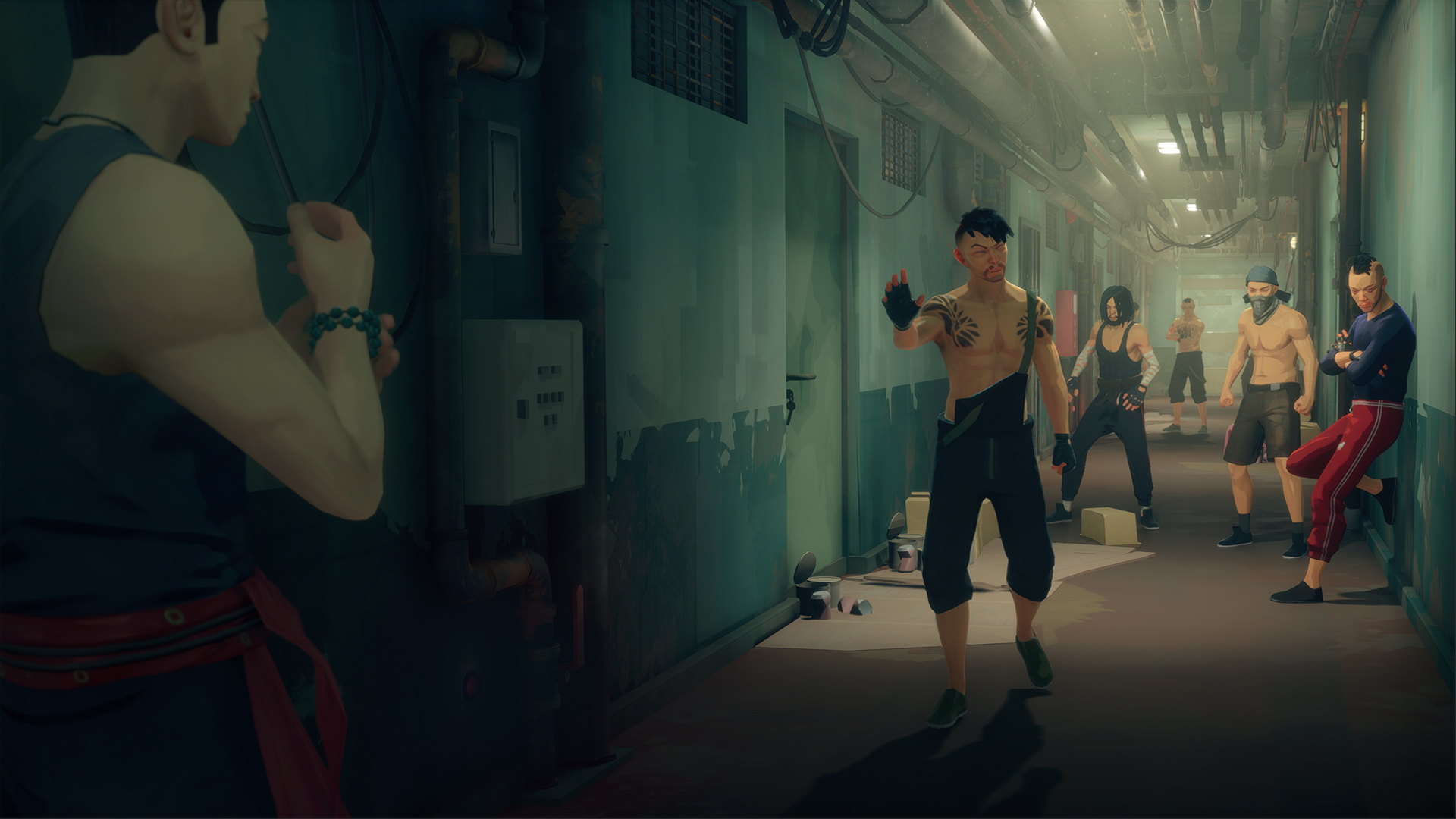The live service gold rush hasn't stopped singleplayer games from thriving
Even EA seems to be tapping the brakes on the 'everything is multiplayer' train.

Every time we worry that singleplayer games are dying, it turns out that what seemed like death throes were actually just hiccups, or the onset of a sneeze. Singleplayer games are thriving: 43 percent of Steam's 2020 best sellers are games that I consider primarily singleplayer, and that's being picky. I didn't even count Dying Light because I figure the co-op is a big draw, and I left out GTA5 because today's players may be more interested in GTA Online than the story. (I did include Red Dead Redemption 2, though.)
Rumor has it that even Electronic Arts, the company most responsible for driving the 'singleplayer games are over' narrative, has eased up on its multiplayer mandate. The order to include live service features in Dragon Age 4 has been taken back, according to one report.
Maybe that's good news, although I'm not sure what's changing, if anything. Last we'd heard, Dragon Age 4's multiplayer stuff was only going to matter "after the main story" anyway. And if there were any doubt that BioWare still makes singleplayer RPGs, it's re-releasing the original Mass Effect trilogy (without multiplayer, though that's apparently for technical reasons) and making a new Mass Effect game. Maybe things would be different if Anthem had been a hit (BioWare recently ended work on that Destiny-like live service game), but I doubt BioWare was ever really going to quit singleplayer RPGs.
Games with a finite scope can hit it big. Take Doom Eternal, which the analysts at SuperData estimate earned over $450 million in 2020. I take estimates from market research firms with a grain of salt, but whatever the exact number is, it's clear that those goddamn marauders earned their keep and then some. Loop Hero is a smaller but still noteworthy 2021 breakout, selling more than 500,000 copies in about a week.

There were good reasons to raise the singleplayer defense klaxon a decade ago when we didn't know how the live service gold rush would play out—when EA was calling singleplayer games "finished" and saying that "online is where the innovation, and the action, is at." Those comments were made by Frank Gibeau in 2010, who was president of the EA Games label at the time. A few years later, EA released SimCity as an online-only game which, for many, was a big disappointment. It sure felt like offline singleplayer games were on the way out, and not to our benefit. (This was not long after Diablo 3's Error 37 launch calamity, too.)
10 years later, it's hard to say that Gibeau was wrong. We just watched Valheim sell five million and something copies, and I can't imagine that would've happened without online co-op. Plenty of multiplayer-focused and live service games have flopped, but the ones that got big got really big: Fortnite, Call of Duty: Warzone, Apex Legends, GTA Online, Destiny 2, and so on. A big part of EA's fortunes are made on FIFA microtransactions. As an executive scanning the horizon for profit, Gibeau was looking in the right direction back in 2010. (He's the CEO of Zynga now, by the way.)
But the games industry got generally bigger, too, and by a lot. An analyst estimate put 2020's global game market revenue at just under $160 billion, up almost $100 billion from a different analyst's 2010 estimate of $62.7 billion. The new didn't replace the old, it added to it.
Keep up to date with the most important stories and the best deals, as picked by the PC Gamer team.
VIDEO: One of the ways Valheim benefits from its co-op support: tree chicken.
Just two years after SimCity released, for instance, Paradox put out Cities Skylines and we got the offline city builder that SimCity wasn't. It was a big success, its mod scene blew up, and once again it turned out that singleplayer games had just stepped away to vape or something—they weren't going away for good.
As another example, people just keep on buying copies of The Witcher 3, and bought even more than usual when the Witcher Netflix show debuted, and will probably buy even more copies when the second season of that show comes out. CD Projekt's follow-up, Cyberpunk 2077, might have seemed like a flop—its last gen console releases were rough at launch—but the millions and millions of copies it sold say that big singleplayer RPGs are still in high demand.
Perhaps a lesson here is that, if we're worried that something we like is fading away—whether it's singleplayer games or something else—then so are plenty of future game developers. Even genres that many labeled completely dead, like the RTS and point-and-click adventure games, manage to produce interesting stuff on an annual basis (Iron Harvest was neat).
Meanwhile, some of the big budget games that were seen as harbingers of the singleplayer apocalypse turned out to be side characters. The multiplayer-oriented Assassin's Creed Unity was a bit busted, but it's not as if Ubisoft doubled down: It went on to release several regular, singleplayer focused Assassin's Creeds, like the great Valhalla. Bethesda tried its hand at multiplayer survival with Fallout 76, but Todd Howard's next thing is Starfield, a singleplayer space RPG, and The Elder Scrolls 6 is coming after that.

It is super easy to rattle off great recent singleplayer games: Little Nightmares 2, Death Stranding, Outer Wilds, Control, Disco Elysium, Paradise Killer, Hades, and so on. I might even say that the outlook for singleplayer games is better than ever.
We can't cancel the live service encroachment alert entirely, though. Microsoft, Amazon, Google, and others still want us to stream all of our games from the cloud, and who knows what maladies that effort may bring. In the meantime, online features do still creep into singelplayer games whether or not they're desired, and irritating new login fields haven't stopped multiplying. We're all tired of identifying crosswalks for Nvidia's autonomous driving division just so we can install new video drivers, and I will never remember my Rockstar Social Club password. The software industry calls all this "software as a service," or SaaS, and when something gets a cute acronym, you know it's here to stay.
And, more importantly, when it makes money: For EA, live service revenue is far greater than revenue from individual game sales.
And yet, EA has Dragon Age and Mass Effect games ahead, presumably with singleplayer focuses, and there are a ton of other exciting singleplayer games to look forward to. Personally, I'm interested in Sifu, a kung-fu game coming this year from Absolver developer Sloclap, and every now and then I'm reminded that Remedy has secured funding for its next two games, which brings me joy. This decade looks like it'll be a fantastic one for people who like logging off and exploring game worlds by themselves.

Tyler grew up in Silicon Valley during the '80s and '90s, playing games like Zork and Arkanoid on early PCs. He was later captivated by Myst, SimCity, Civilization, Command & Conquer, all the shooters they call "boomer shooters" now, and PS1 classic Bushido Blade (that's right: he had Bleem!). Tyler joined PC Gamer in 2011, and today he's focused on the site's news coverage. His hobbies include amateur boxing and adding to his 1,200-plus hours in Rocket League.

